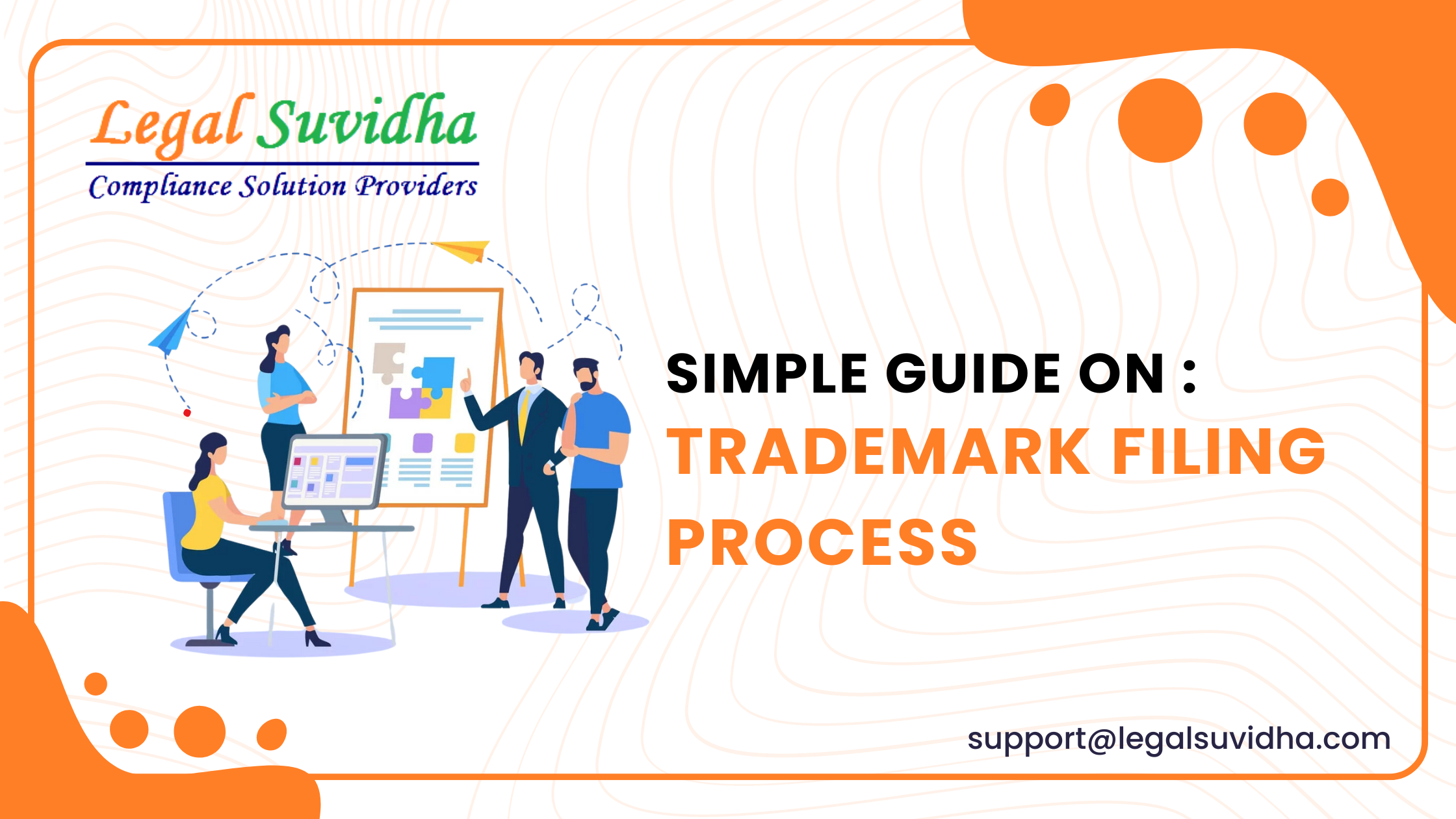The Companies Act, 2013 mandates that all companies, including both public and private entities, are required to submit Form DPT-3 to report their outstanding loans and borrowings. In this article, we delve into the intricacies of Form DPT-3, covering its applicability, filing frequency, reporting requirements, repercussions of non-compliance, and exempted transactions. Additionally, we explore the recent changes introduced in the web-based version, which aim to enhance transparency and information reporting.
1. Applicability: Every company falling under the purview of the Companies Act of 2013 must file Form DPT-3, regardless of whether it is a public, private, small, non-small, OPC, or any other type of company.
2. Filing Frequency: Form DPT-3 is an annual filing, meaning it must be submitted once during each financial year. The deadline for filing is within 90 days from the end of the financial year, specifically on or before June 30th each year.
3. Reporting Details: Form DPT-3 requires companies to furnish comprehensive information about their outstanding loans, deposits, and specified transactions as of the date of the balance sheet. This includes details such as the nature of the transaction, amount, involved parties, interest rates, maturity dates, and more.
4. Companies Obligated to File Form DPT-3: As per rule 16A, all companies that have received money and have pending loans are required to file Form DPT-3. This obligation extends to holding companies, subsidiary companies, and associate companies that obtain loans. Both secured and unsecured loans, as well as advances for goods and services, must be reported in Form DPT-3.
5. Filing Fees: The Companies (Registration Offices and Fees) Rules, 2014, dictate the prescribed rates for filing fees.
6. Consequences of Non-Filing: Failure to comply with the Form DPT-3 requirements and accept deposits can result in severe consequences. Under Section 73, the company may face a penalty of a minimum of 1 crore or twice the amount of deposits, whichever is lower, with a maximum penalty of Rs. 10 crore. Officers in default may be liable for imprisonment of up to 7 years and a fine ranging from Rs. 25 lakhs to Rs. 2 crores. Under Rule 21, the company and every officer in default may face a fine of up to Rs. 5,000, with an additional fine of Rs. 500 per day for continuing contravention.
7. Transactions Excluded from Deposits:
Under the Companies Act, certain transactions are excluded from being categorized as deposits. These transactions comprise:
1. Amounts received from the central government, state government, or any other source, backed by a repayment guarantee from the central or state government.
2. Amounts received by a private limited company from its members, directors, or their relatives.
3. Amounts received from foreign governments, foreign or international banks, foreign body corporates, foreign investors, and foreign collaborators.
4. Loan facilities availed from Banking Companies, the State Bank of India, or any banking institution notified by the central government.
5. Loan facilities are availed from public financial institutions.
6. Amounts received by the company against the issue of commercial paper or any other instruments.
7. Amounts received by the company from other companies.
8. Amounts received and held by the company through an offer made in accordance with the provisions of the Act for the subscription to securities, including share application money or advance received for the allotment of securities, provided the allotment is made within 60 days.
9. Amounts received from directors of the company, accompanied by a declaration stating that the amount is not borrowed or accepted as a loan or deposit from others.
10. Amounts raised by the company through the issue of secured bonds or debentures.
11. Amounts received from employees of the company, not exceeding their annual salary, as non-interest-bearing security deposits.
12. Non-interest-bearing amounts received or held in trust.
13. Advances received from customers for the supply of goods or provision of services, which are accounted for and appropriated against such supply or provision within 365 days.
14. Advances received in connection with consideration for property under an agreement or arrangement, adjusted against the property as per the terms of the agreement or arrangement.
15. Security deposits for the performance of contracts for the supply of goods or provision of services.
16. Advances received under long-term projects for the supply of capital goods.
On August 29th, 2022, the Ministry of Corporate Affairs (MCA) introduced Form DPT-3, a web-based submission, under Section 73 of the Companies Act, 2013. This amendment to the Companies (Registration Offices and Fees) Rules, 2014, has brought about digital reforms and broadened the scope of information reporting by stakeholders.
The Revised Format of the Web version has undergone the following changes:The Web version’s updated format has experienced the following modifications: Previously, only the information concerning the outstanding exempted deposits at the year-end needed to be disclosed. However, going forward, the format will include additional details, such as the opening balance, any new additions, repayments, adjustments made during the year, and the closing balance. Furthermore, the disclosure will also mention the timeline indicating the duration for which the loan has been outstanding.
In conclusion, Form DPT-3 plays a pivotal role in ensuring that companies adhere to the reporting regulations of the Companies Act, 2013, regarding their outstanding loans and borrowings. Its widespread applicability to all companies, specified filing frequency, comprehensive reporting requirements, and the serious repercussions of non-compliance make it an indispensable tool for compliance. The recent implementation of the web-based form has further enhanced transparency and information reporting, ultimately bolstering the regulatory framework. To avoid penalties and maintain good corporate governance, companies must remain vigilant in fulfilling their obligations under Form DPT-3.
If You have any queries then connect with us at [email protected] or [email protected] & contact us & stay updated with our latest blogs & articles









